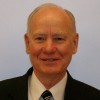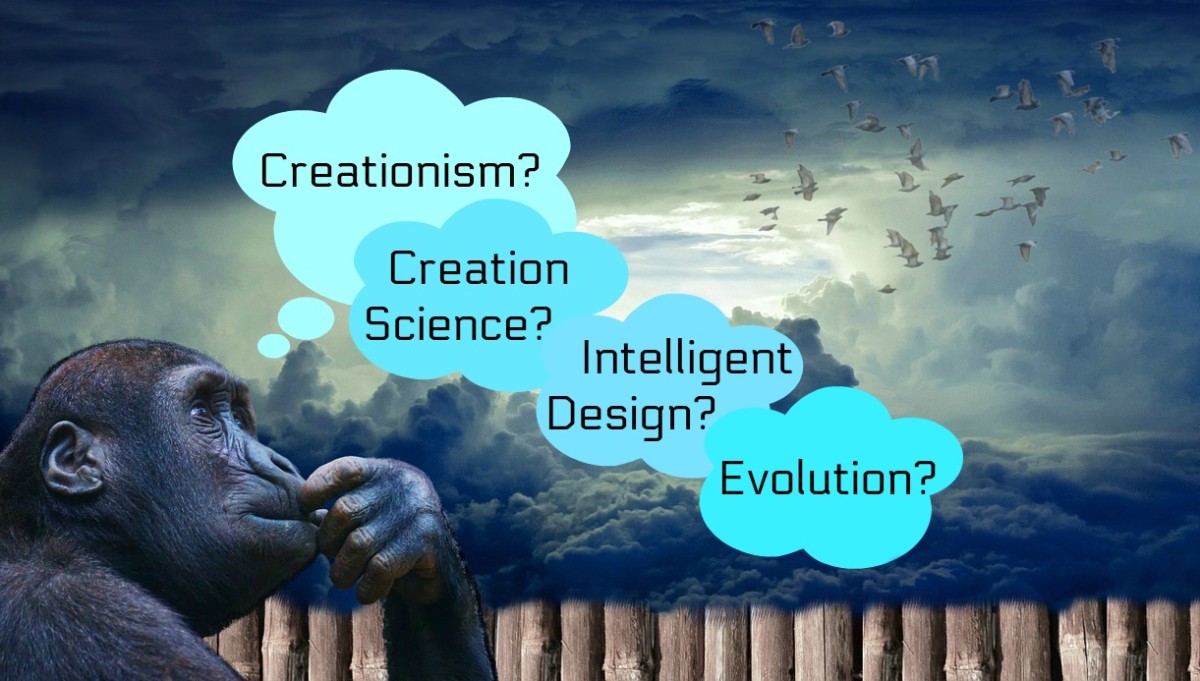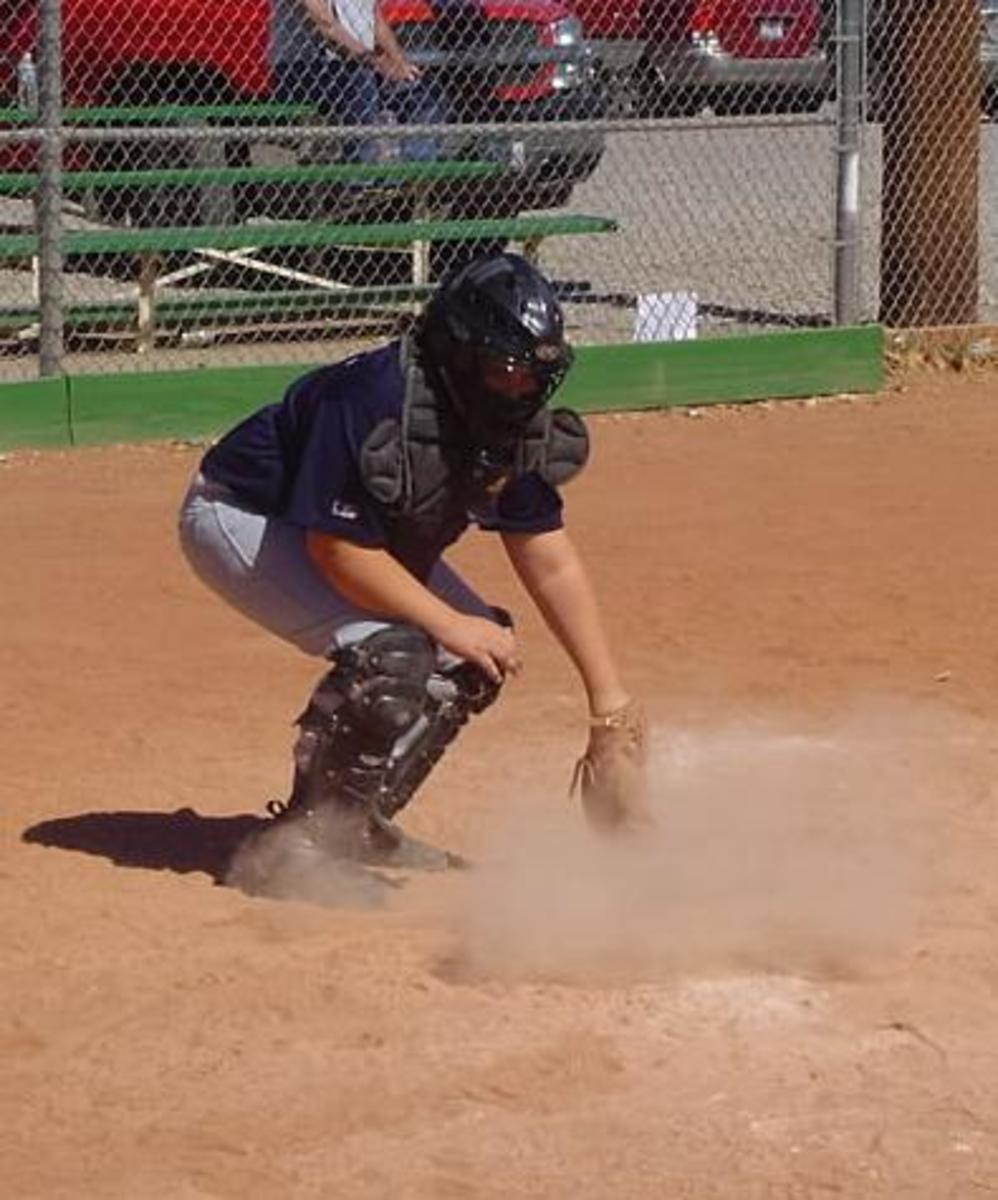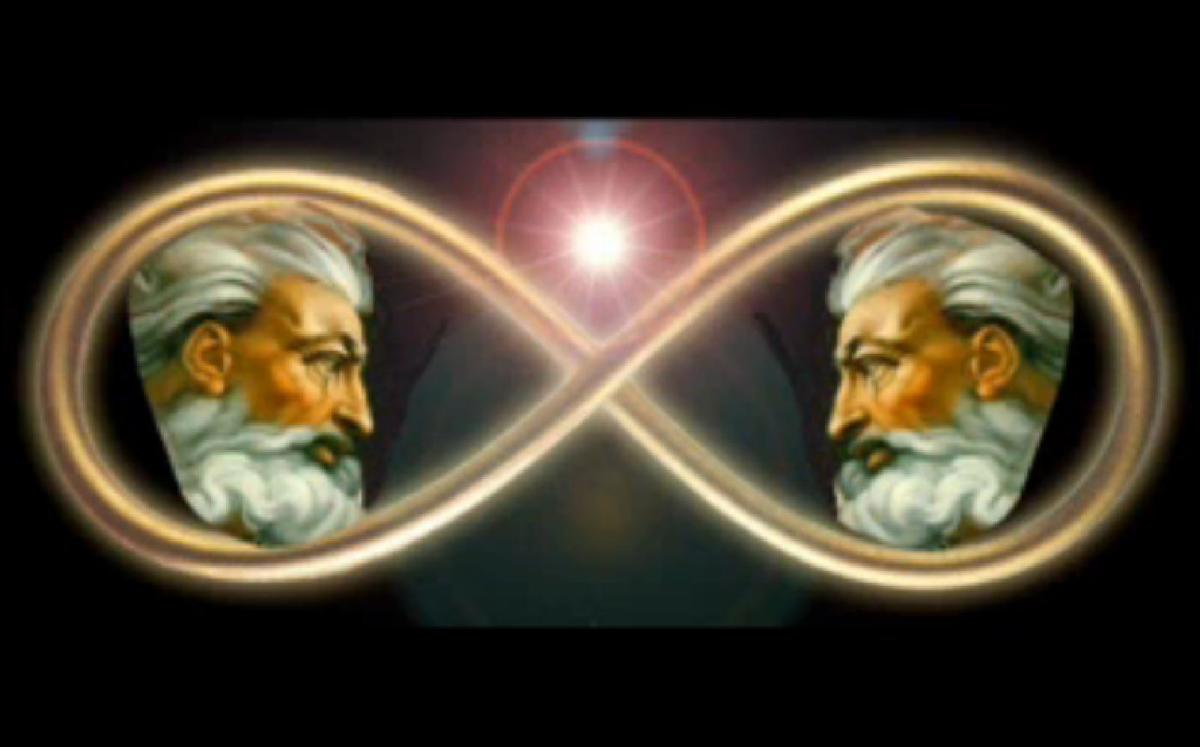Dual Participation the Key to Full Participation, 5th of 10-session intro to personal creation and world citizenship
1. There are literally thousands of criteria by which people think of themselves and organize themselves into separate groups. Some groups form within families and economic earning units, competitive religious beliefs, economic or political philosophies, sexual or racial differences; some gather around differences in geographic location of residence and/or national government; others respond to differences in language, occupation, social group, interest, or hobby, to name only a few of the more common kinds of associations.
2. Generally speaking, past methods of trying to harmonize these kinds of basic differences into a more broadly based model encompassing all of humanity have suffered from one of two limitations: they have either been (a) overly syncretistic, or (b) overly exclusivistic and parochial.
3. Syncretism is a process of combining the best aspects of several different competing systems, and such work is often born of the highest motives. The resulting system, however, usually tends to be insufferably bland so it will not offend any one of the major component groups, or on the other extreme, so incomprehensibly weird that it offends all but a small handful of the most esoterically inclined syncretistic zealots.
4. The proposed new synthesis also, unfortunately, must usually ignore or discard many of the best and most interesting and useful parts of the old systems, because these components are so unique and indigenous to the traditions from which they sprang that they create positive offense to other people in other similarly unique traditions. The old systems, of course, were not designed to be mangled or synthesized, so they often lose essential value when one or another of their key aspects gets disengaged, and thus de-synergized, from the rest.
5. We need, in short, a new method of philosophic harmonizing that will enable traditional systems wisely inherited from the past to continue along their own intrinsically valid lines of movement, but which will not at the same time restrict achievement of their general harmony with a comprehensive system of world civilization because of their apparent incompatibility with other traditional systems also continuing to thrive and evolve in the new world context.
6. Exclusivism and parochialism occur when one particular system of culture succeeds for a particular group of people in a particular place over an extended period of time. Isolation from competing systems can allow any successful group to begin thinking of itself as a universal system appropriate for all groups of people in all places and at all times in such a way as to deny the legitimacy of the other competing systems already in use by those other groups of people in other places.
7. Anyone raised seriously in any one of the world's great religions, for example, has at some time thought, or heard it said, that harmonious world community could occur very easily if all those "other people" would just "see the light" and convert over to the one true religious faith.
8. But however valuable missionary zeal might be for religious, cultural, economic, or political points of view, it fails by definition to provide a universally satisfactory harmonizing of the many irreducibly divergent traditional cultures, philosophies, religions, and political-economic systems. This problem involves all humanity and thus transcends the interests of any one particular religious, political, economic, or philosophic culture.
9. Thus the title phrase creation of the world refers not only to enhancement of individual and group activities (discussed previously in sessions 2, 3, and 4), but also to the first-order intellectual, philosophic, and spiritual work required to address the difficult problem of diverging cultural systems, and to encourage development of more useful ways to harmonize those differences than we have had available to us in the past.
10. Dual participation. Toward that end, our overall project (merely introduced in these ten sessions) attempts preliminary outlines of a new general philosophy of world citizenship that invites each individual person to begin participating actively in the broader world community that encompasses all divergent systems and groups, while at the same time encouraging those same persons to continue participating as actively as before in the more localized systems of their own particular philosophies of religion, politics, economics, nationality, and so on, to which they have, through previous experience and tradition, already become so thoroughly accustomed.
11. In a properly designed overall system, dual participation can provide significant and hitherto largely unrealized benefits not only to the world in general, but to the individual persons who learn its ways, as well as to the localized groups to which those persons belong.
12. Such a discussion, and such a quest, naturally involves a great many theoretical and practical issues beyond our ability to describe here. The various later volumes in our series will discuss in detail important special instances of philosophical exclusivism occurring in some major areas of scholarship and between various major areas of cultural activity, especially those that deal directly with attempts to understand and explain human life in general.
13. Many people find primary sources for their personal identity in one or more of these intensely localized groups or ways of thinking, a fact unlikely to change in the foreseeable future, so we seek to develop and present a new method of analyzing competing systems that will offer new personal enlightenment about the sources of such traditional beliefs, and thus help provide a broader, potentially more rewarding base for holding those beliefs without unduly hindering a more active participation in the larger processes of world civilization and world creation.
14. The benefits to groups that learn the ways of dual participation are similarly surprising and powerful. A group may stagnate for years, and it often traces back to a time when two or three strong individuals or sub-groups became unable to work effectively together because of differences they could not resolve or perhaps even understand, sometimes causing division into two or more competing camps, apparently only resolvable by splitting off or just quitting, with none of the parties really knowing what happened or why.
15. Removing such divisive obstacles to healthy group growth and functioning by new ways of understanding the how and the why of the differences, and the possibility of parallel legitimacy with roots, values, and methods in a system of dual participation, can sometimes cause seemingly miraculous results, both in the warring individuals and in the larger group itself, as the old wounds tend to heal, and the original motivations for the group reactivate and re-energize a clarified new structure.
16. We thus present here as a major thesis that any individual person -- you the reader of these words -- through actions within your own family and other local groups, may participate consciously and intelligently in the creative processes of both (a) your key local groups and (b) the larger world community that encompasses all humanity, and by doing so you will enhance your power of personal creation and find a happier, more profound sense of personal and social fulfillment than would otherwise be the case.
17. All such preliminary explanations notwithstanding, they still do not provide convincing, scientific reasons required for many serious and earnest people to start thinking of themselves as "world citizens" without feeling uneasy, if not disloyal, toward their own local, national, or religious cultures. Our proposals outlined here abound with many real difficulties beyond solution in a few pages, but hopefully those very obstacles will challenge and stimulate some intellectually energetic men and women still looking for the constructive and useful project that is right for them.
18. Meanwhile, must the whole world wait for world citizenship until it can hear a fully definitive scientific explanation of the principle of dual participation? Or could there be a more direct, more practical way to achieve world citizenship and the power of personal creation?
19. Please join us next Monday for session 6 of 10 in this introductory course, when we will consider more directly the question, "How does one get world citizenship and the power of personal creation?"
Workbook Exercises (optional for auditors, required for credit)
1. Using the list of groups you made in the first exercise for session 4, describe any specific obstacle(s) you see in two or three of your own groups toward realizing the ideals outlined in this session on dual participation.
2. Describe a personal experience that noticeably opened your eyes to the conflict between local citizenship and the possibility of world citizenship. Start with an outline or brief summary in words, and then finish with a short discursive essay or narrative account, or through poetry or drama.
3. With the aid of an unabridged dictionary and your local public or community college library, or the Internet if necessary (Wikipedia, etc.), study the key words syncretism, exclusivism, parochialism, and harmonization, and make notes of your own understanding of the relationships they describe and the difficulties they involve.
4. For graduate students, or extra credit, use your available resources to identify three or four major studies of human social conflict published in the last 40 years, starting with the major work of Randall Collins, Conflict Sociology: Toward an Explanatory Science (Academic Press, 1975). Discover and write into your notes some leading ideas contained in one or more of these works.
Thank you for attending this free Internet class, and thanks to all who have responded or otherwise supported or encouraged our educational work.
________________________________________________
Copyright 2012 by The Max Havlick School, Villa Park, IL 60181-1938, all rights reserved. To register and gain credit credential for this course, to learn how to teach or sponsor this course or any other basic academic course for continuing adult education in your local network or neighborhood, or to contact us for any other reason, you may use snail-mail, or to use email, go to our Profile Page on HubPages, click "Fan Mail," then "Send Email." We keep all contact information in the strictest confidence.








